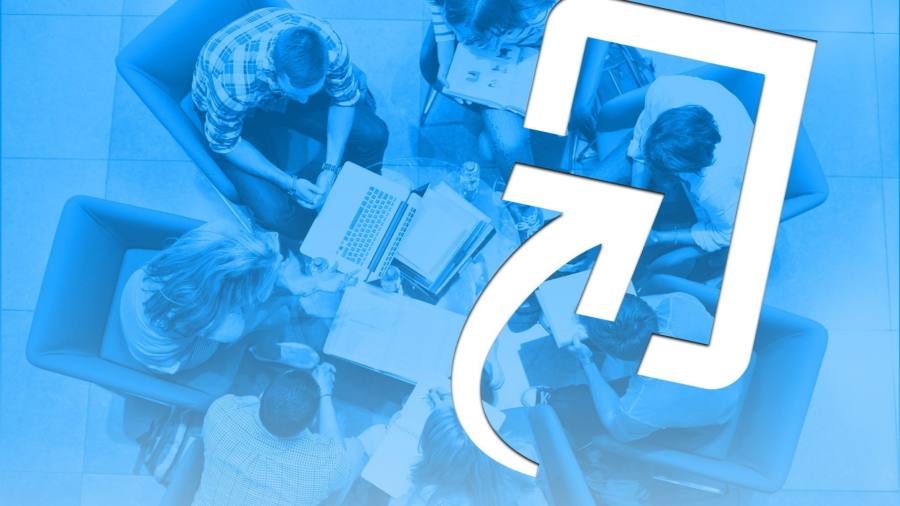The makers of popular plagiarism detection software are launching a tool that also detects if essays are created using artificial intelligence chatbots, triggering a debate among universities over whether to use the new system to identify student cheating.
Turnitin, which is already used by more than 10,000 educational institutions worldwide, is launching a service on Tuesday that it said can identify AI-generated text with 98 per cent confidence. OpenAI, makers of popular ChatGPT services, has said its plagiarism detection system works only 26 per cent of the time.
“Educators told us that being able to accurately detect AI written text is their first priority right now,” said Turnitin chief executive Chris Caren. “They need to be able to detect AI with very high certainty to assess the authenticity of a student’s work and determine how to best engage with them.”
The launch has proved contentious. Some institutions, including Cambridge and other members of the Russell Group, the body that represents leading UK universities, have said they will opt-out of the new service, according to people familiar with the decision.
Universities are worried the tool may falsely accuse students of cheating, involves handing student data to a private company and prevents people from experimenting with new technologies such as generative AI.


